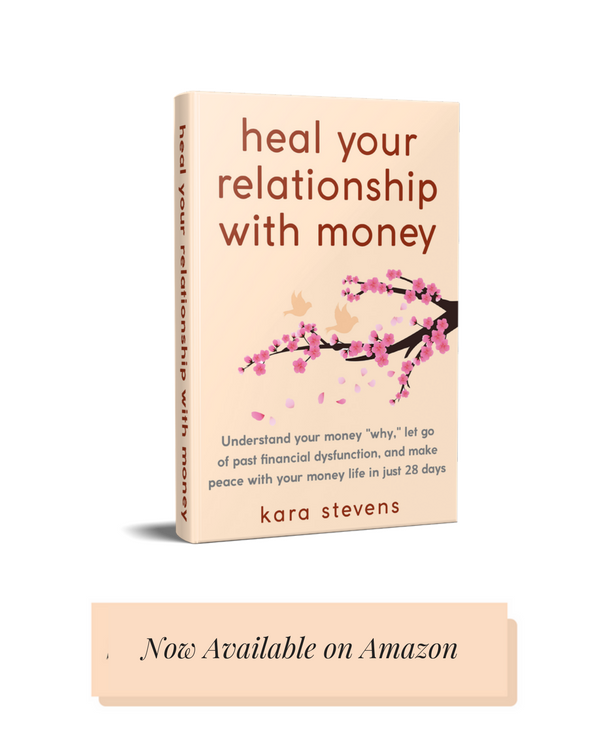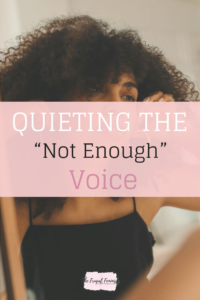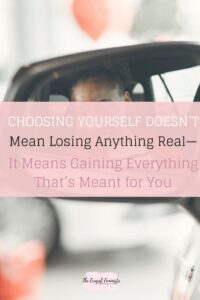The conventional financial advice that extols the benefits of skipping a $5 latte in order to pocket between $1,300 and $1,820 (depending on your frequency) a year is short-sighted. Don’t get me wrong, saving $1,820 a year is a step in the right direction, but it’s not a high-leverage strategy to build wealth. It’s not even the most efficient way to reduce your expenses.
Rather than eliminate my sip of happiness in pursuit of financial freedom, here’s what I’m doing to reach my long-term financial goals.
I Bought a Smaller Home
When my husband and I decided to pursue homeownership, we opted for a home that cost less than 20 percent of our gross income. This is close to 10 percent lower than the rule of thumb that advises people spend 29 percent of their gross income on housing expenses. We’ll save tens of thousands of dollars in the long run with this saving hack. This same approach can be applied to other big-ticket items like cars and appliances.
I Found a Higher Paying Job
One of my biggest revelations as a personal finance educator is that there is a limit to how much you can reduce your expenses, but (theoretically) is no limit to how much money you can earn. In applying this to the latte argument, I decided that I wanted to make enough money where “splurging” on a latte wouldn’t break my budget.
I Started a Side-Hustle
I created The Frugal Feminista as an additional stream of income. With an online business, I don’t have to pinch pennies by cutting out lattes. With a side hustle, I can run daily, weekly and monthly sales to reach revenue goals that exceed the annual cost of indulging in a latte 365 days a year.
I Applied the ‘Love vs. Like’ Rule to Purchases
A nice, warm latte helps me focus; it’s something that I look forward to when I journal or daydream about the future of my family and my business. Technically, I don’t need it, but I do love what it symbolizes, and it’s part of my “all about me” ritual. So, rather than eliminate it, I found other areas of my spending that weren’t as meaningful to focus on. For example, I realized I spent a lot of money on taxis and Uber at one time in my financial life because I was being lazy and didn’t want to wake up early enough to take the bus or train to work. This “love vs. like” approach makes it easy to distinguish between what non-essential is worth splurging on.
I refuse to expend my energy harassing myself to save $5 a day when I can use that same energy and discipline to think of creative and scalable ways to earn more money — hundreds, if not thousands a day — or identify high-leverage savings opportunities that immediately reduce costs without making me feel deprived.










